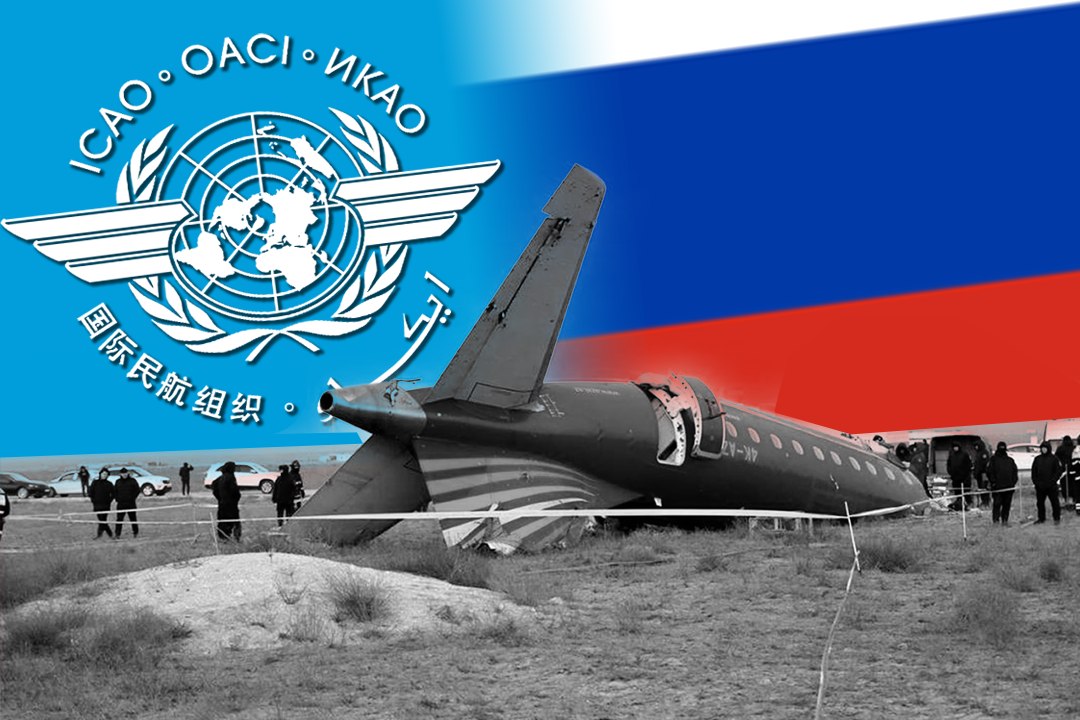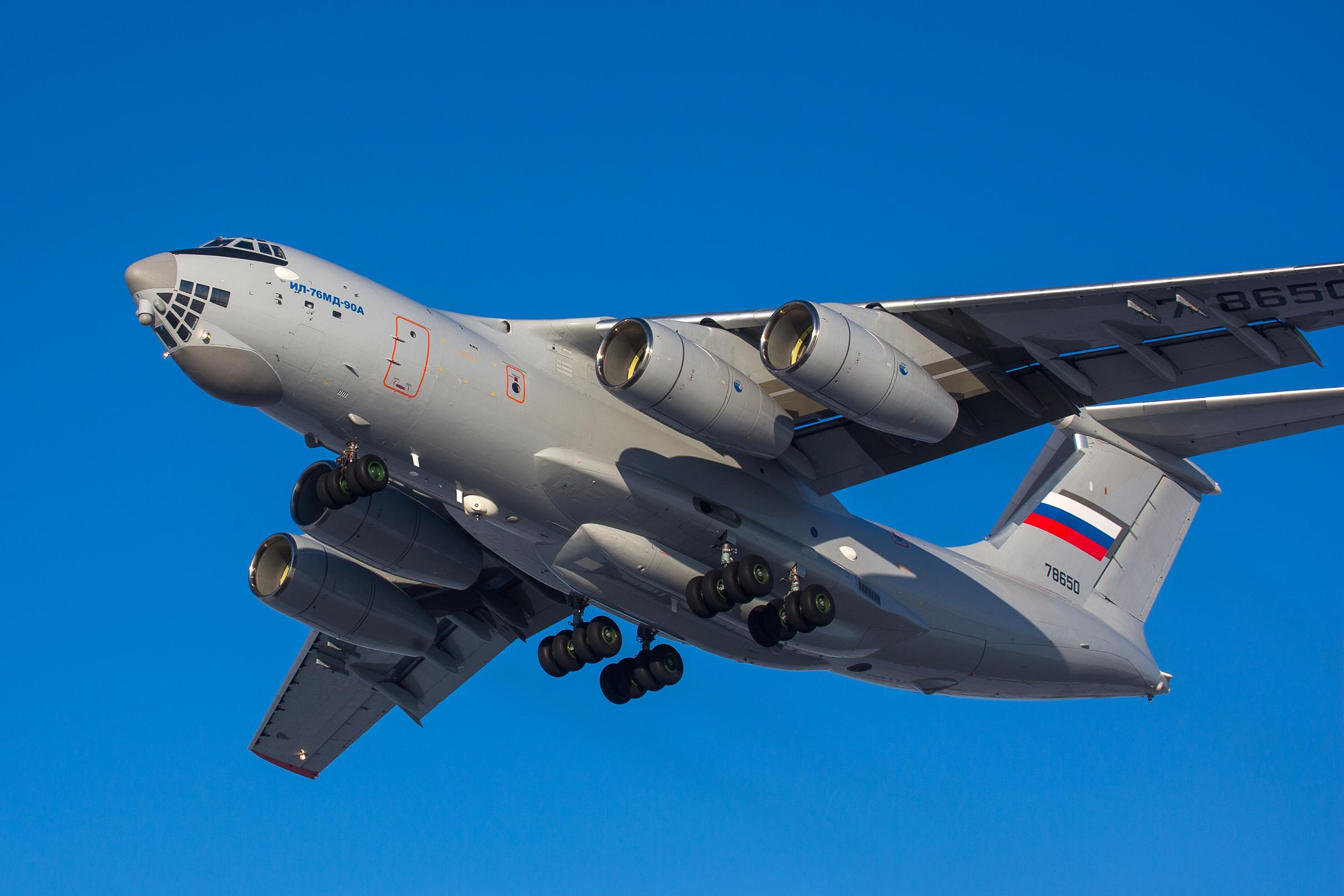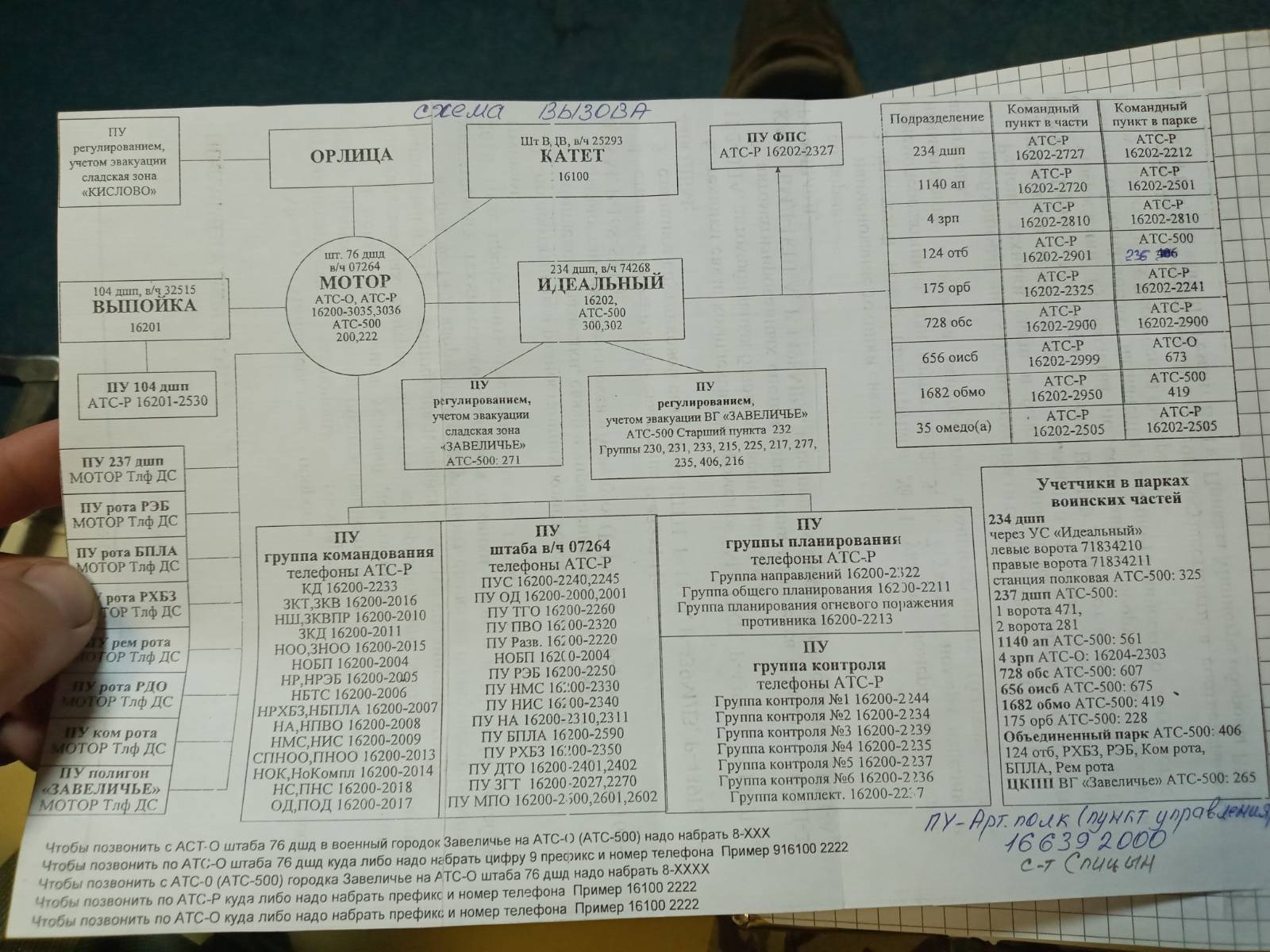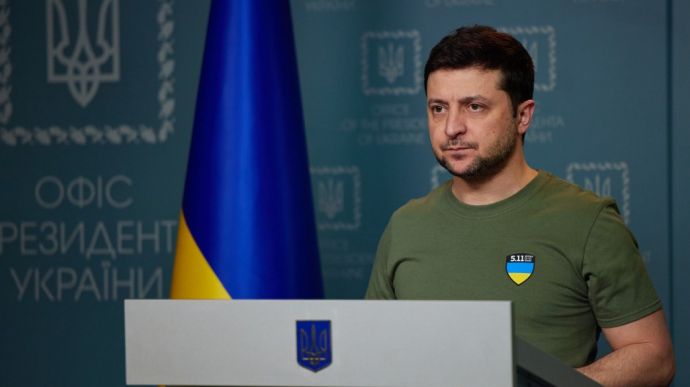Two UN agencies have announced the implementation of a multi-year action plan to address threats and malicious acts targeting global airmail transport.
“In the past 12 months, we have seen more sophisticated actors seeking to cause disruptions in the supply chain,” Sonia Hifdi, head of aviation security at the International Civil Aviation Organization (ICAO), told AFP, citing “incidents that have appeared in the press, particularly in the European region.”
In response to this “ongoing” threat, the Universal Postal Union (UPU), a United Nations agency based in Geneva, Switzerland, which coordinates the global postal system, and the ICAO have announced the implementation of a “multi-year action plan” aimed at ensuring “that all vulnerabilities can be addressed.”
In July 2024, packages containing incendiary devices were found in the warehouses of the DHL logistics group in Germany and Great Britain, where they caught fire.
If they “had exploded on board during the flight,” “there would have been a crash,” said German domestic intelligence chief Thomas Haldenwang, who openly accused Moscow of being behind the incident.
Ken McCallum, head of the British domestic intelligence agency MI5, warned of the “chaos” that Russia intends, in his view, to sow in the United Kingdom and Europe through its military intelligence agency GRU, due to Western support for Ukraine in the face of the Russian invasion in February 2022.
Poland also accused Russia of planning “acts of terror,” referring to cases of packages containing hidden explosives and hazardous materials that spontaneously ignite or explode during land and air transport. The Kremlin dismissed this statement as “completely unfounded.”
This is not a problem that is localized in one region, or for one state, or for a single actor,“ said Sonia Hifdi, explaining that it is a global ”modus operandi“ involving, in particular, ”disruption techniques“ organized ”in a semi-industrial process of creating packages or objects.”
The new protocols will incorporate advanced X-ray systems and explosive detection equipment into freight operations at postal facilities around the world.
“We also plan to train all personnel in the mail supply chain,” with a focus on threat detection and response procedures, emphasizes Sonia Hifdi.
“We will also strengthen data sharing between postal and aviation authorities to enhance tracking and monitoring throughout the delivery chain,” she said.
Another threat comes from Russia’s ongoing war. On December 25, 2024, an Azeri flight, J2-8243, en route from Baku to the Chechen capital, Grozny, crash-landed near Aktau in Kazakhstan after diverting from southern Russia, where Russian air defense systems were operating in the context of the Russia-Ukraine war. Thirty-eight people were killed, and 29 survived. According to several analyses, the Azeri plane was shot by a Russian air defense missile.
Ilham Aliyev, the president of Azerbaijan, said in July he wanted Russia to publicly acknowledge that it had accidentally shot down an Azerbaijani passenger plane in December last year, killing 38 people on board, and to punish those responsible.
He said Azerbaijan expected the incident to be formally acknowledged, for those responsible to be held accountable, for compensation to be paid to victims’ families and those injured, and for Moscow to reimburse the cost of the destroyed aircraft.








